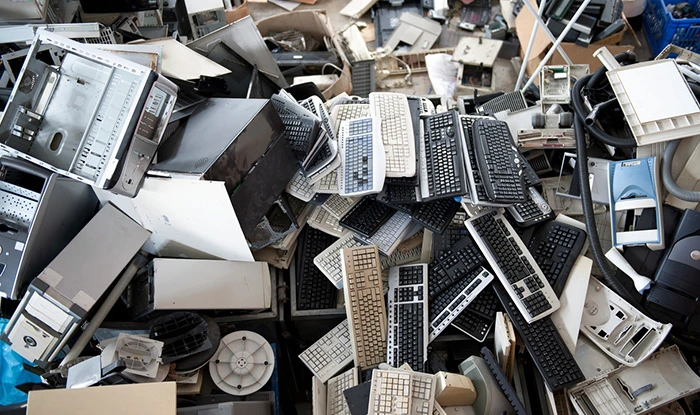The global rise in electronic devices has inevitably led to
an increase in electronic waste, or e-waste. In India, with its large
population and rapid technological adoption, e-waste generation has surged,
presenting significant environmental and health challenges. Effective Electronic Waste Management in India
is critical, as improper handling can lead to toxic substances leaching into
the environment. This blog explores the primary challenges in e-waste
management and discusses actionable strategies that can address these issues,
with a focus on solutions provided by Koscove
E Waste, a leader in e-waste recycling.
Key Challenges in Electronic Waste Management in India
- Limited
Consumer Awareness and Responsibility
A fundamental challenge in Electronic Waste Management in India is the low level of awareness
among consumers. Many people discard old devices without understanding the
environmental impact or knowing where to dispose of them responsibly. As a
result, a large portion of e-waste ends up in landfills or is improperly
recycled. Koscove E Waste is
actively involved in educational campaigns that aim to raise public awareness
about responsible disposal practices.
- Insufficient
Collection and Recycling Infrastructure
While India’s e-waste output is rising, the infrastructure
for collection and recycling remains underdeveloped. Many regions lack
accessible e-waste collection centers,
making it challenging for people to recycle responsibly. To combat this, Koscove E Waste has taken significant
steps to expand its collection network, ensuring that more individuals and
businesses can dispose of e-waste properly.
- Reliance
on the Informal Sector for Recycling
A significant portion of e-waste is managed by the informal
sector, where unsafe recycling methods are prevalent. These unregulated
practices expose workers to hazardous materials, and they lack the proper
equipment to safely process e-waste. Koscove
E Waste advocates for transitioning to a formalized, regulated recycling
sector that provides safe working conditions and environmentally friendly
practices.
- Low
Recycling Rates Due to Policy Gaps
Although there are policies in place, enforcement is often
inconsistent. As a result, recycling rates in India remain lower than desired.
By collaborating with regulatory bodies, Koscove E Waste helps promote adherence to standards and is
working toward creating a robust framework that encourages responsible
recycling.
Strategic Solutions for Effective E-Waste Management
- Increasing
Public Awareness
One of the most effective ways to manage e-waste sustainably
is through consumer education. Electronic Waste Management
in India can benefit significantly if more people understand the health
and environmental implications of improper disposal. Koscove E Waste runs awareness programs that inform the public
about responsible disposal practices and the importance of e-waste recycling.
- Building
a Comprehensive Collection Network
An expanded collection and recycling infrastructure is
essential to make recycling accessible to a larger population. By partnering
with local governments and businesses, Koscove
E Waste has set up collection centers across major cities, making it
easier for people to dispose of electronic waste responsibly.
- Encouraging
Formal Recycling Practices
Moving e-waste recycling into the formal sector helps ensure
that it is handled safely and responsibly. Koscove E Waste is committed
to setting industry standards for safety and environmental responsibility,
providing training programs to help informal workers transition to the formal
recycling sector. This transition benefits both the environment and worker
safety.
- Enhancing
Policy Enforcement and Compliance
Strengthening policy enforcement around Electronic Waste Management in India
will encourage compliance among businesses, manufacturers, and consumers. Koscove E Waste works closely with
regulatory bodies to advocate for stricter policies and compliance checks, helping
to create a more accountable system for managing e-waste.
- Investing
in Technological Innovations
Utilizing advanced recycling technologies can improve
e-waste management efficiency. Koscove
E Waste invests in research and development to enhance its recycling
processes, employing modern technologies to recover valuable materials safely.
These innovations help reduce the overall environmental impact of e-waste.
The Future of E-Waste Management in India
As India’s e-waste continues to grow, addressing the
challenges in Electronic Waste
Management in India is essential for environmental sustainability.
Through public awareness, expanded infrastructure, formal sector involvement,
and strong policy enforcement, the country can make strides in managing e-waste
responsibly.
Koscove E Waste is at the forefront of these efforts, leading initiatives that promote
responsible recycling, environmental protection, and public safety. As a
trusted partner in electronic waste recycling, Koscove E Waste is committed to shaping a cleaner, more
sustainable future for India.
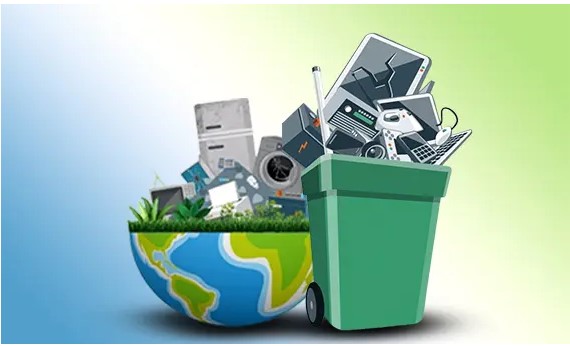
.jpg)
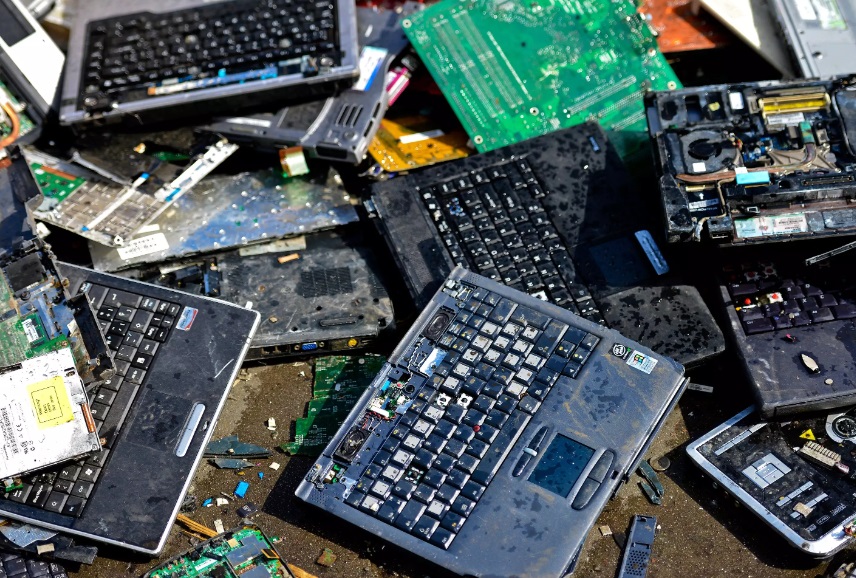

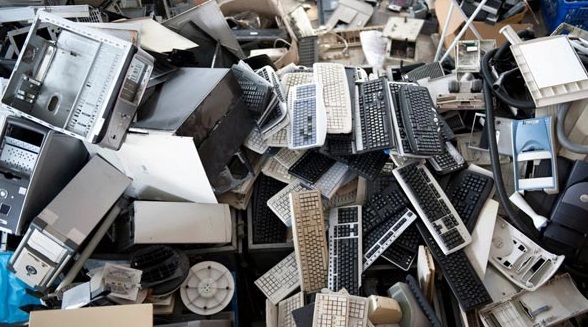
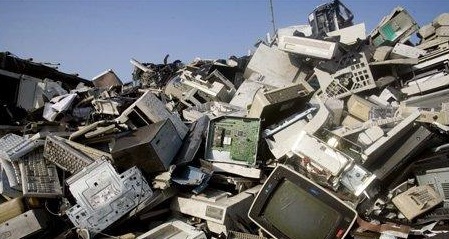
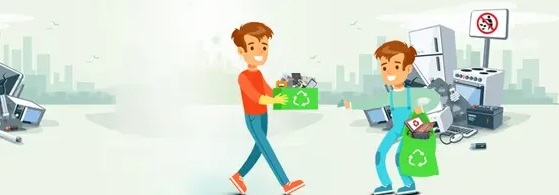
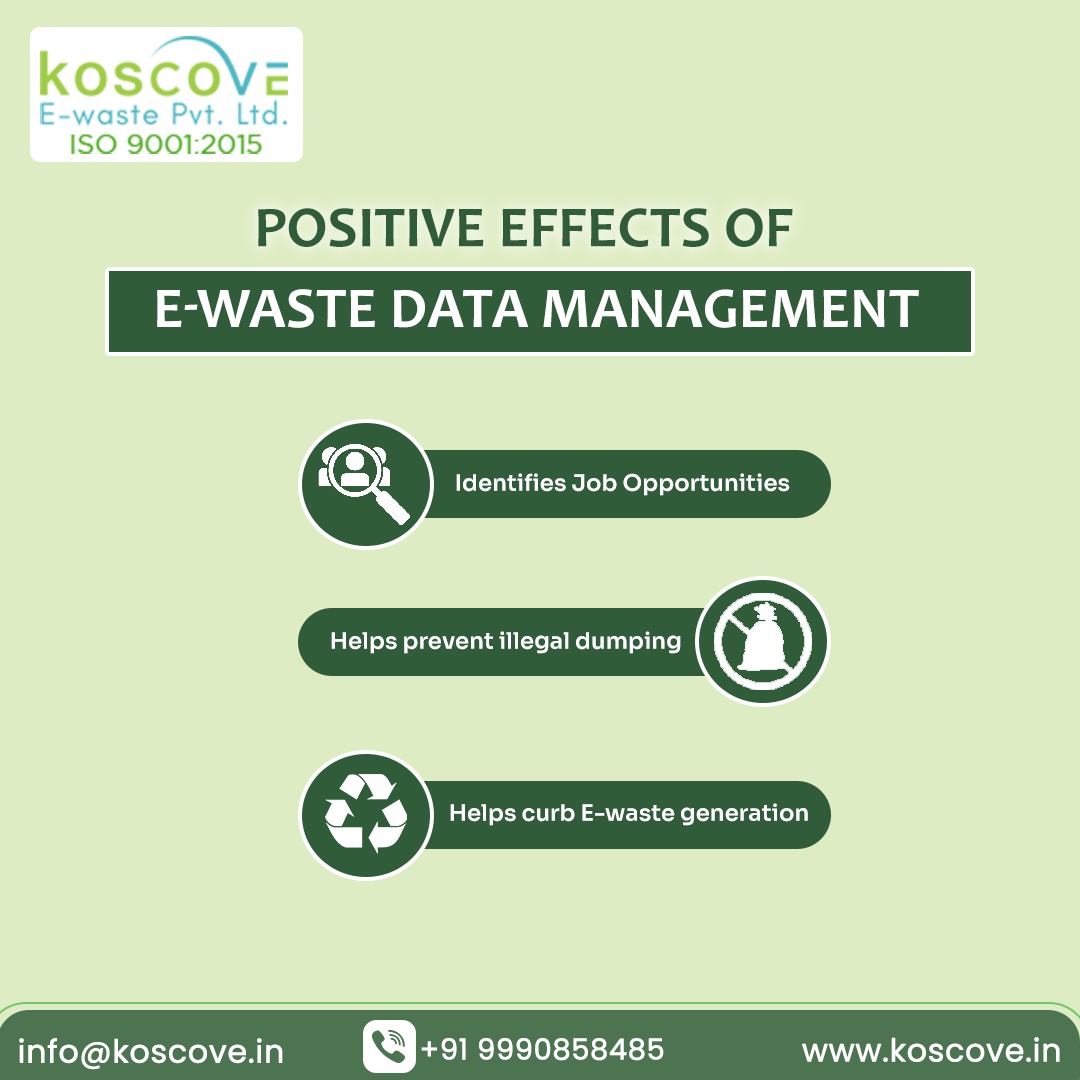

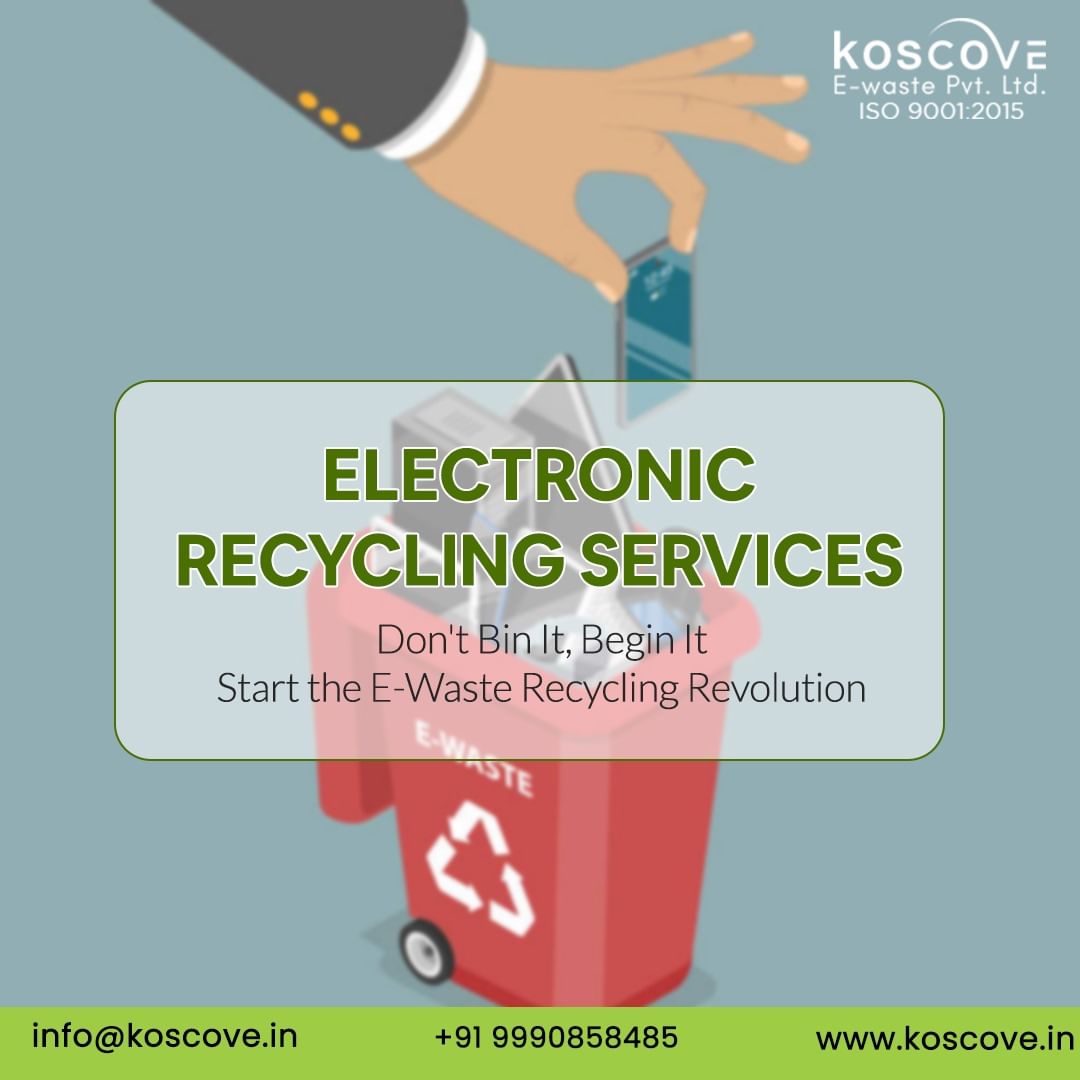
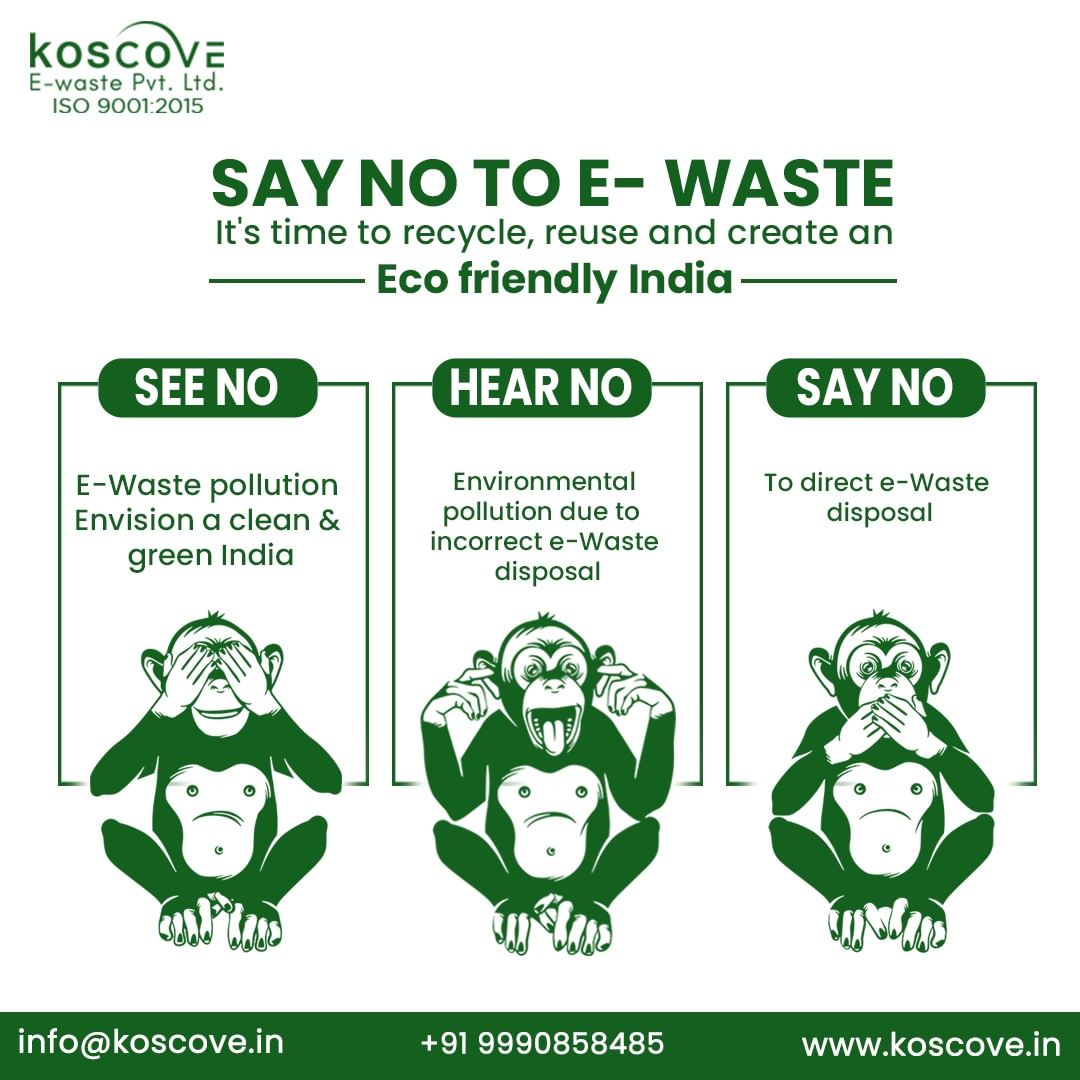
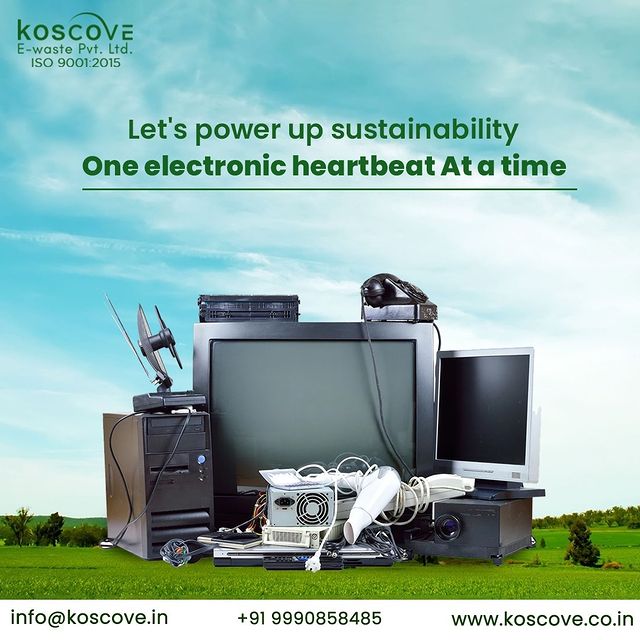

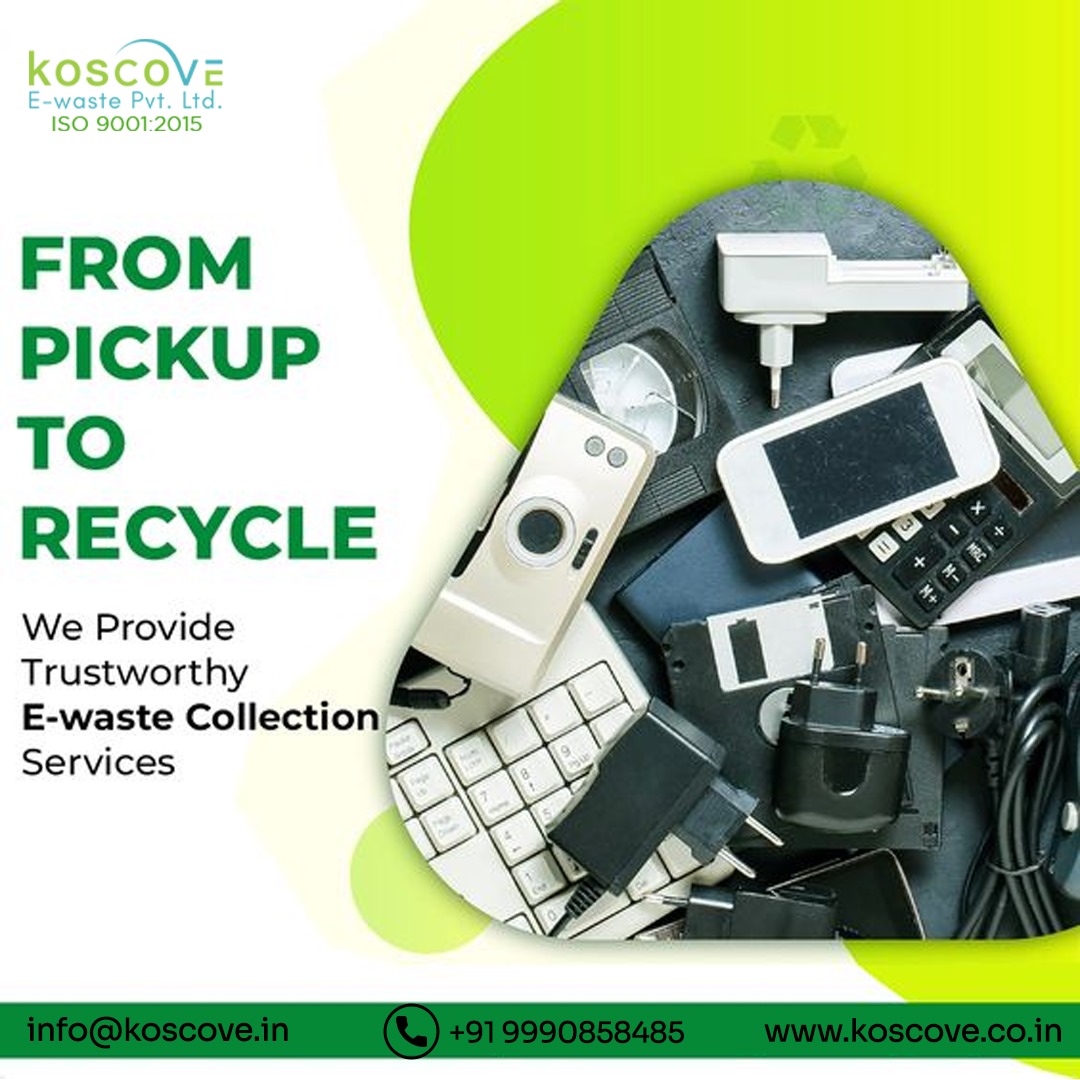
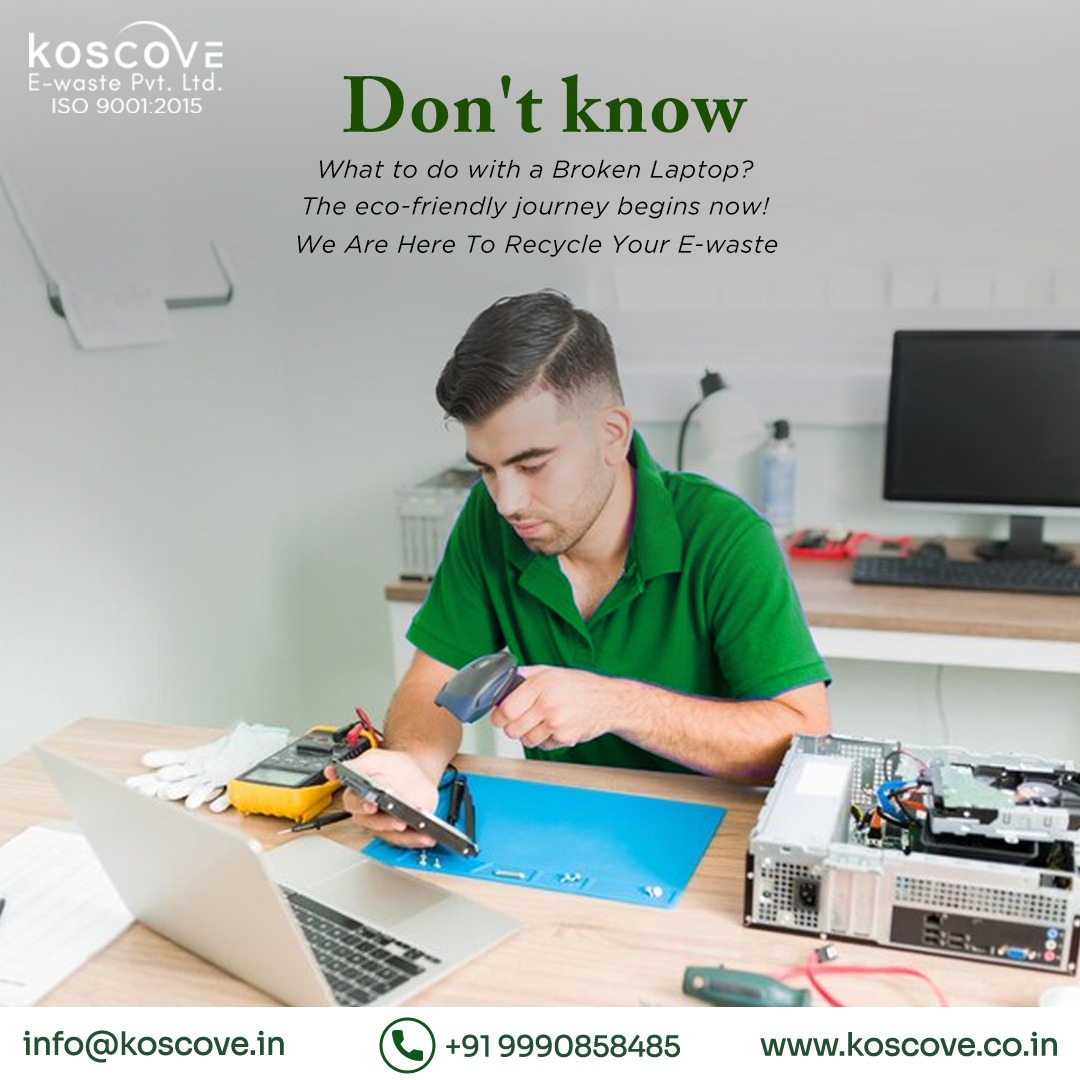

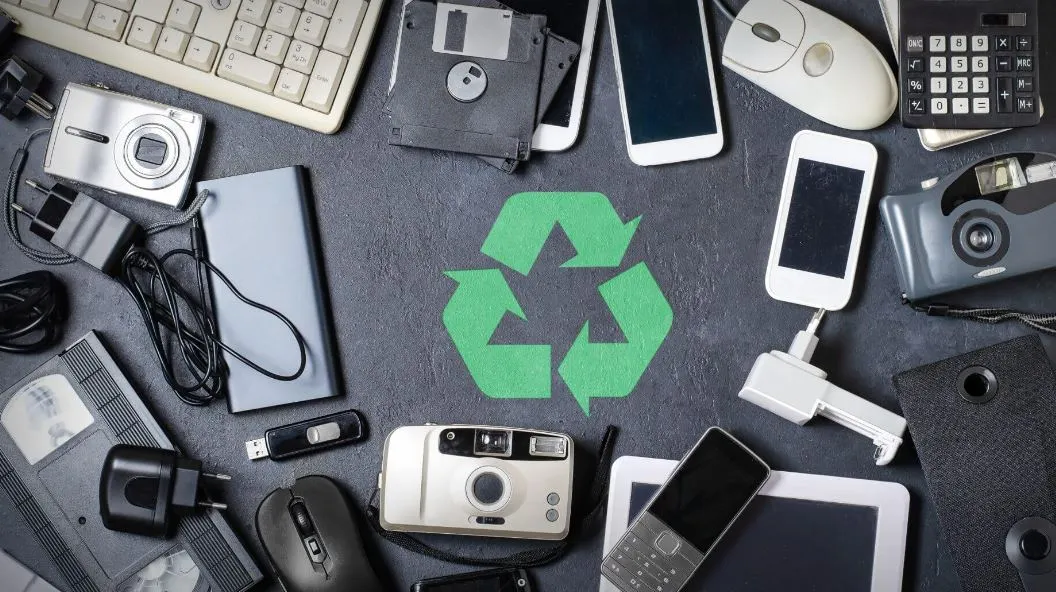
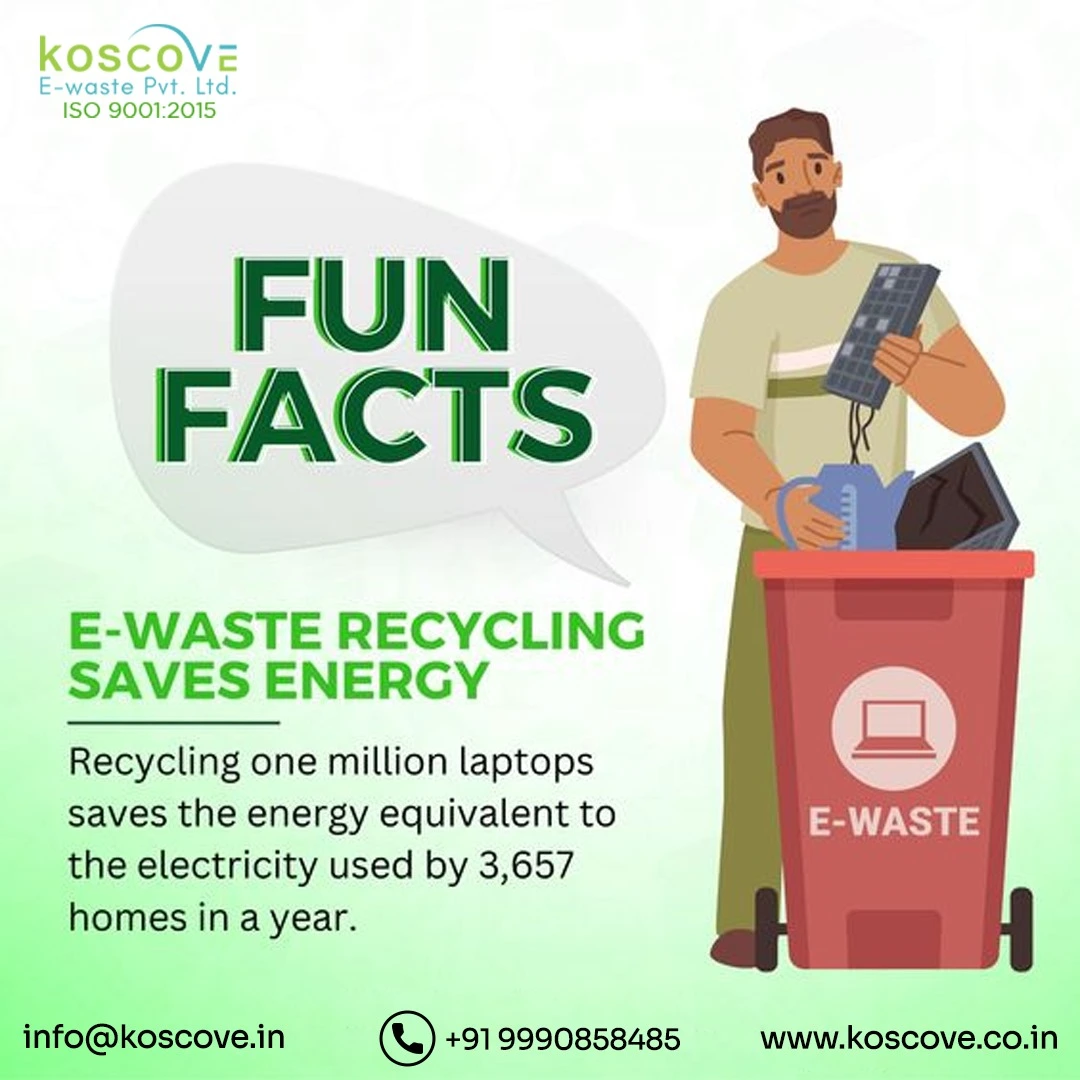
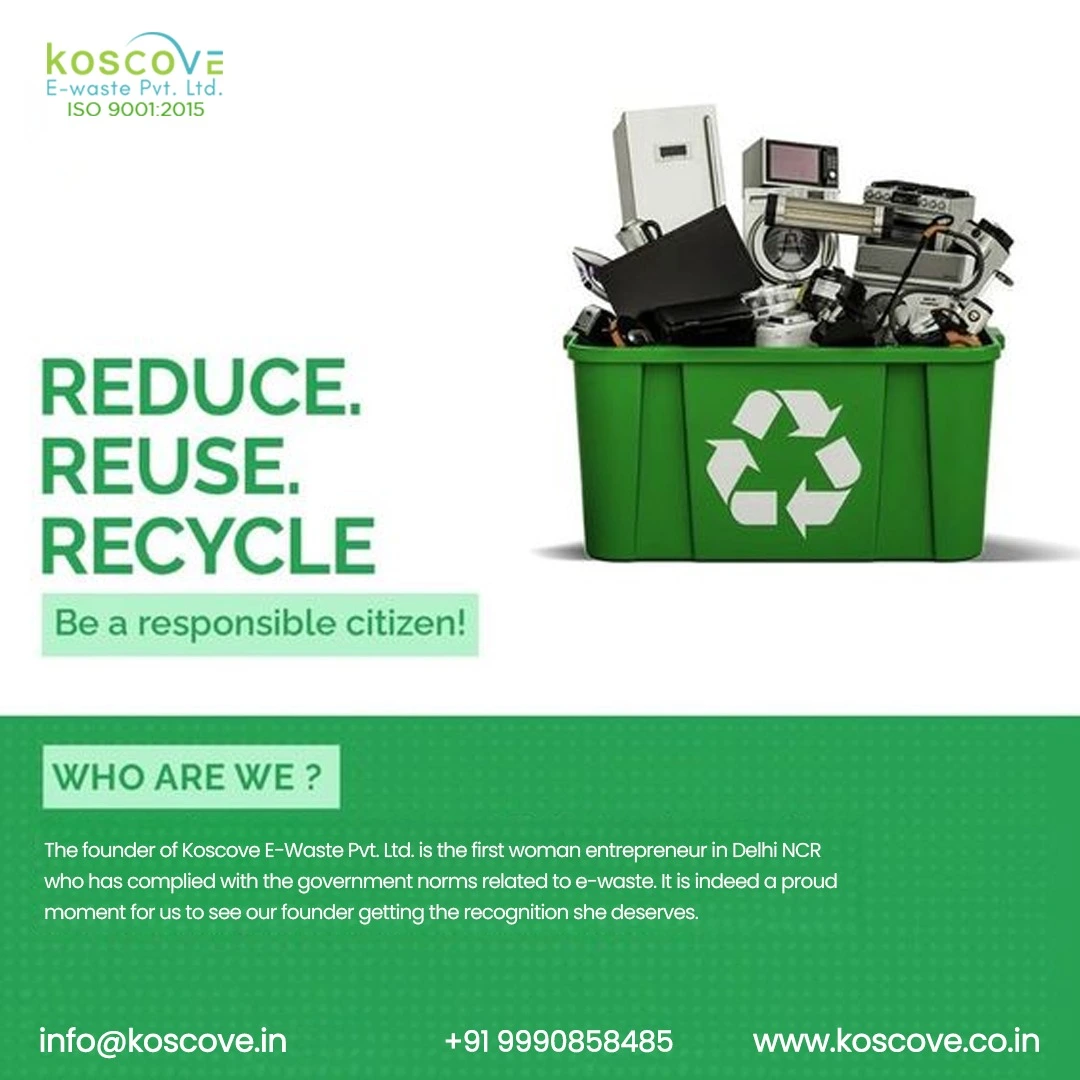
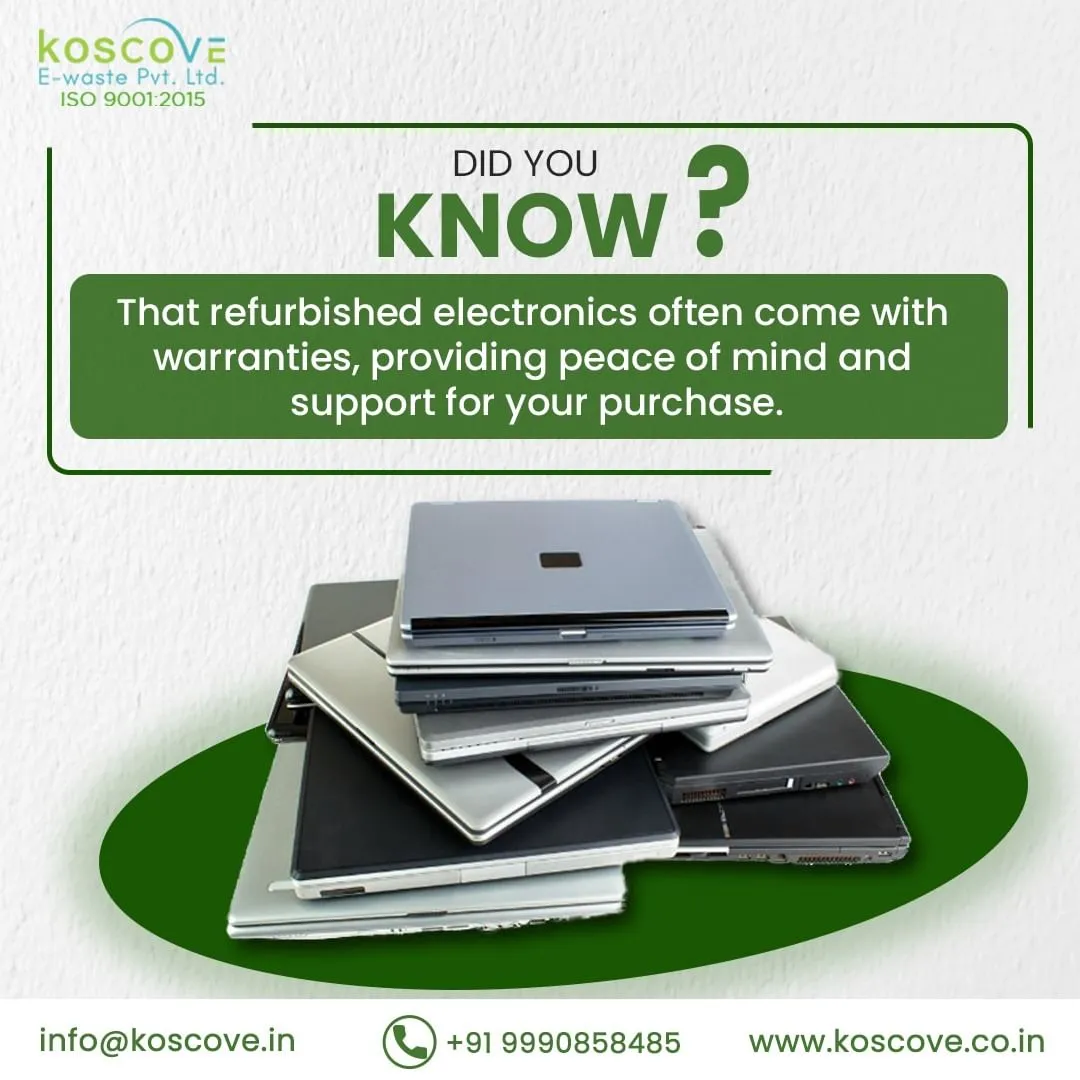
.webp)
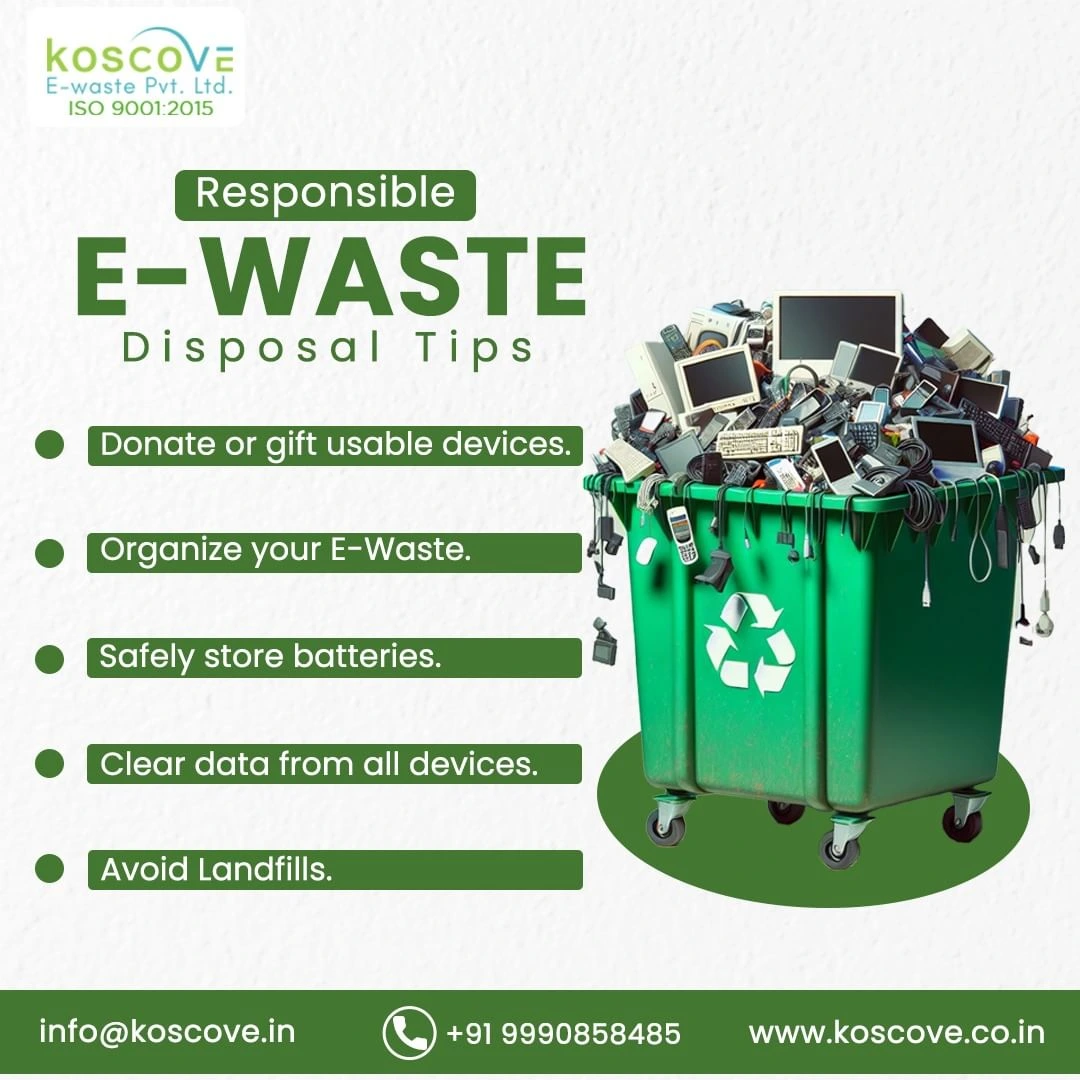
.webp)
